
How to safely get your fat horse to lose weight
Overweight horses are more prone to serious health issues, including potentially life-threatening problems such as laminitis. Excess weight also places increased pressure on your horse’s bones and joints. And if...











